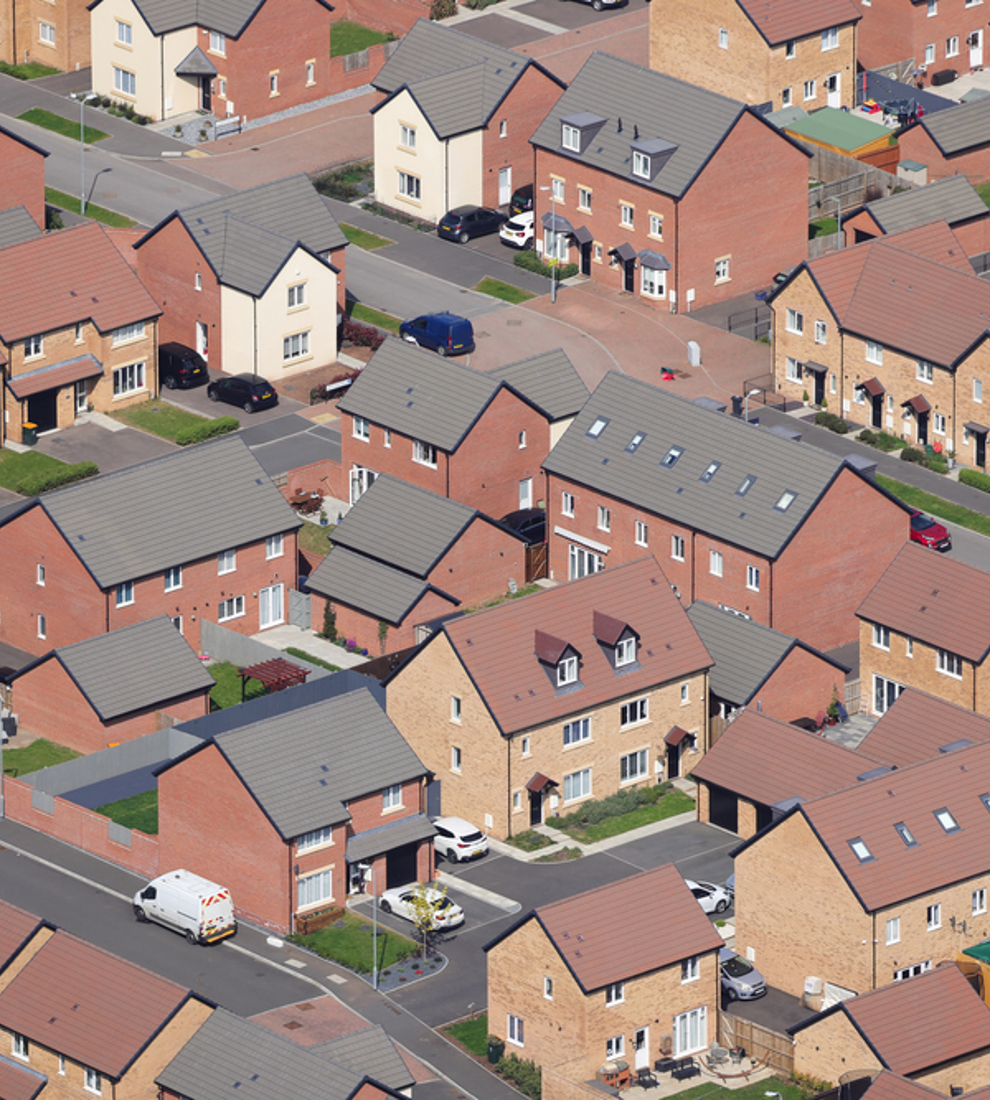Civil legal aid work is loss-making for most providers, according to Frontier’s new in-depth study for the Law Society.
Frontier conducted research assessing the sustainability of civil legal aid in England & Wales, working with family and housing legal providers across the market to understand their operating model and financial situation.
Understanding the financial realities facing civil legal aid providers is crucial for the UK governments review of civil legal aid.
Key findings from this report include:
- Civil legal aid work is loss-making for most housing and family legal aid providers sampled (82%)
- All housing legal aid providers in the sample were loss-making from their civil legal aid work, including all private sector solicitors offering housing legal aid
- 47% of providers sampled working in family legal aid were also loss making
- All not-for-profit providers sampled in both areas of law were making a loss
Legal aid fees have not increased since 1996, and in 2011 were cut by 10%. Conversely, according to inflation data, typical costs have increased 90% since 1996, and by 40% since 2011.
Housing legal aid work is currently compensated at hourly rates of £46 to £72, whereas recent guideline hourly rates published by Civil Justice Council range from £134 to £546.
Current fee rate levels leave very little surplus with which legal aid firms can conduct other activities required to run their practice, such as training and recruitment. This as well as the high administrative burden and cost of complying with legal aid requirements and the time lag between doing the work and getting paid for it, has significant implications for providers.
Frontier’s research also highlights the sustained market exit – the number of civil legal aid providers has reduced by 19% over the last five years. This has significant implications for access to justice and the future provision of legal aid.
Click here to read the full report RESEARCH ON THE SUSTAINABILITY OF CIVIL LEGAL AID











